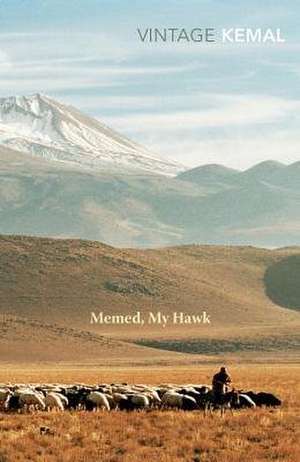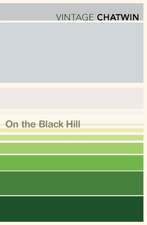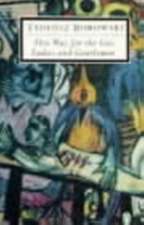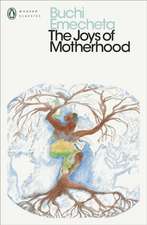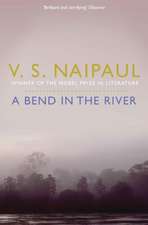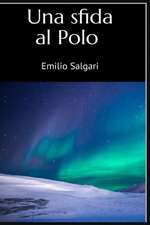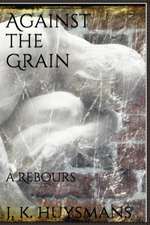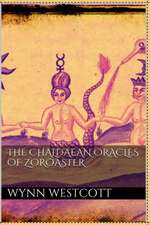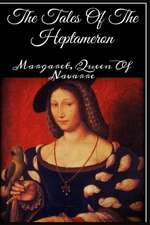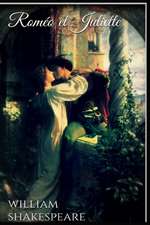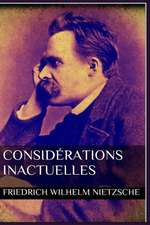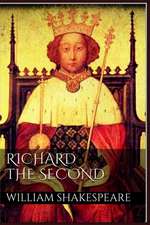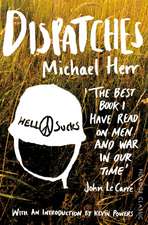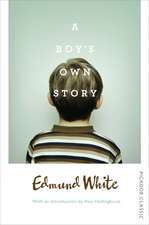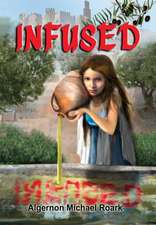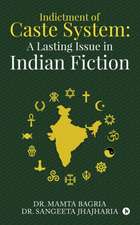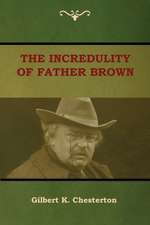Memed, My Hawk
Autor Yashar Kemal Traducere de Edouard Roditien Limba Engleză Paperback – dec 2016
| Toate formatele și edițiile | Preț | Express |
|---|---|---|
| Paperback (2) | 54.76 lei 25-31 zile | +21.78 lei 6-12 zile |
| Vintage Publishing – dec 2016 | 54.76 lei 25-31 zile | +21.78 lei 6-12 zile |
| NEW YORK REVIEW OF BOOKS – 30 iun 2005 | 112.59 lei 22-36 zile | +18.00 lei 6-12 zile |
Preț: 54.76 lei
Preț vechi: 64.35 lei
-15% Nou
Puncte Express: 82
Preț estimativ în valută:
10.48€ • 11.39$ • 8.81£
10.48€ • 11.39$ • 8.81£
Carte disponibilă
Livrare economică 03-09 aprilie
Livrare express 15-21 martie pentru 31.77 lei
Preluare comenzi: 021 569.72.76
Specificații
ISBN-13: 9781784701086
ISBN-10: 1784701084
Pagini: 368
Dimensiuni: 128 x 198 x 27 mm
Greutate: 0.3 kg
Editura: Vintage Publishing
ISBN-10: 1784701084
Pagini: 368
Dimensiuni: 128 x 198 x 27 mm
Greutate: 0.3 kg
Editura: Vintage Publishing
Notă biografică
Yashar Kemal
Recenzii
"Some books are so famous they need no introduction. But have you ever read Yashar Kemal? His first novel, Memed, My Hawk (NYRB Classics), set in the south-east of Turkey and about a young man at war with feudal authority, was published in the 1950s and brought him international fame. It is still greatly loved in Turkey, and with good reason." --The Guardian
“Yashar Kemal is one of those writers who is content with the patch of earth allotted by birth. As in the case of Faulkner, Akhmatova, or even Joyce, all the events described circle around the site of an early injury. These writers evoke landscapes containing people who, however lost they may be in their marginal existences, fix their gaze upon the center of the world and take up residence there. [Kemal is driven to] write against the age and to tell those stories that have not been elevated to the status of affairs of state because they deal with people who never sat on high, who did not dominate but rather were themselves dominated.”—Günter Grass
“Yashar Kemal is a thousand kilometres tall and can make a story of two stones tender and spellbinding. A master.”—John Berger
“A beautiful and passionate book . . . in the tradition which gave us Dr Zhivago and The Leopard.” —Glasgow Herald
“A tale that assumes epic proportions and gathers speed to rush to a spectacular climax.” -- Daily Telegraph
"A beautiful novel in the old, glorious tradition of heroic storytelling." —Scotsman
"Follows in that tradition of strong, simple novels about the life of the peasantry. It has that insider's feeling for man, the oppressed, labouring animal . . . you might find in Tolstoy, Hardy or Silone. The author never loses his freshness, an ability to pick on details as though seen for the first time." —Guardian
"Yashar Kemal achieves the Russian quality — an intimacy of detail which makes his etching indelible, more selected, and therefore more obvious than life . . . The book is a small, sharp, moving epic of the Turkish soil." —Sunday Telegraph
"A masterpiece." —Robert Carver, New Statesman
“A remarkable novel, reminiscent of Hardy in its power and scope.” —Queen
“The sense of heroism, the animal tenderness, the marvelous feeling for the land, and the intuitive narrative rythm give the book raw vitality and pure immediacy.” -- Saturday Review
“Exciting, rushing, lyrical, a complete and subtle emotional experience.” -- The Chicago Sun-Times
“A folk hero worthy to rank with Robin Hood.” -- The New York Times
“Here again is that directness and that fierce poetry which one knew in the old heroic stories, and a hero in whom one can have such faith and trust that one can bear to read his torments knowing that he is strong enough to endure them. It is a beautiful and passionate book. It has been ably translated, and it is well in the Harvill tradition which gave us Dr Zhivago and The Leopard.” --- Glasgow Herald
“Yashar Kemal is one of those writers who is content with the patch of earth allotted by birth. As in the case of Faulkner, Akhmatova, or even Joyce, all the events described circle around the site of an early injury. These writers evoke landscapes containing people who, however lost they may be in their marginal existences, fix their gaze upon the center of the world and take up residence there. [Kemal is driven to] write against the age and to tell those stories that have not been elevated to the status of affairs of state because they deal with people who never sat on high, who did not dominate but rather were themselves dominated.”—Günter Grass
“Yashar Kemal is a thousand kilometres tall and can make a story of two stones tender and spellbinding. A master.”—John Berger
“A beautiful and passionate book . . . in the tradition which gave us Dr Zhivago and The Leopard.” —Glasgow Herald
“A tale that assumes epic proportions and gathers speed to rush to a spectacular climax.” -- Daily Telegraph
"A beautiful novel in the old, glorious tradition of heroic storytelling." —Scotsman
"Follows in that tradition of strong, simple novels about the life of the peasantry. It has that insider's feeling for man, the oppressed, labouring animal . . . you might find in Tolstoy, Hardy or Silone. The author never loses his freshness, an ability to pick on details as though seen for the first time." —Guardian
"Yashar Kemal achieves the Russian quality — an intimacy of detail which makes his etching indelible, more selected, and therefore more obvious than life . . . The book is a small, sharp, moving epic of the Turkish soil." —Sunday Telegraph
"A masterpiece." —Robert Carver, New Statesman
“A remarkable novel, reminiscent of Hardy in its power and scope.” —Queen
“The sense of heroism, the animal tenderness, the marvelous feeling for the land, and the intuitive narrative rythm give the book raw vitality and pure immediacy.” -- Saturday Review
“Exciting, rushing, lyrical, a complete and subtle emotional experience.” -- The Chicago Sun-Times
“A folk hero worthy to rank with Robin Hood.” -- The New York Times
“Here again is that directness and that fierce poetry which one knew in the old heroic stories, and a hero in whom one can have such faith and trust that one can bear to read his torments knowing that he is strong enough to endure them. It is a beautiful and passionate book. It has been ably translated, and it is well in the Harvill tradition which gave us Dr Zhivago and The Leopard.” --- Glasgow Herald
